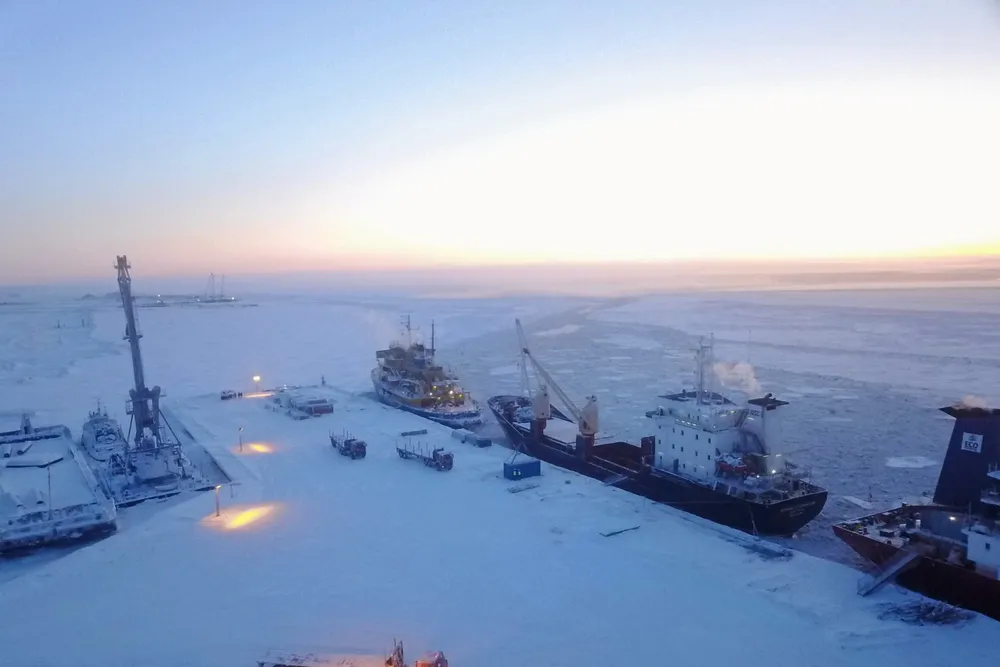Sanctions-hit Russian manufacturers struggle to advance country’s LNG ambitions
Challenges mount as domestic contractors struggle to up their game as suppliers to Novatek’s Russian LNG projects

Challenges mount as domestic contractors struggle to up their game as suppliers to Novatek’s Russian LNG projects
